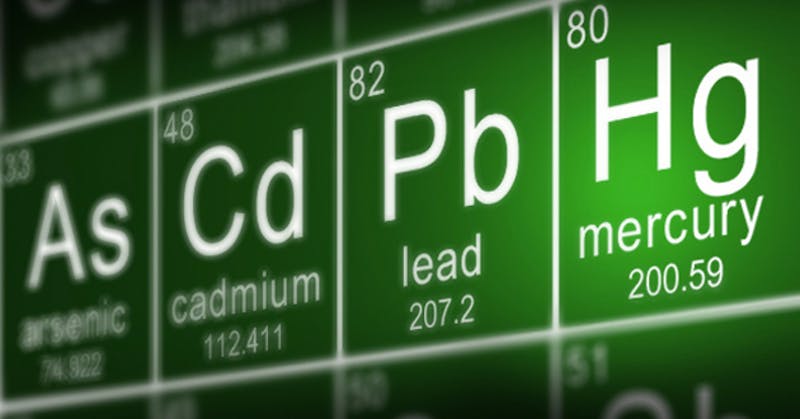ISO 6644 Cobalt and Manganese Testing in Food
The ISO 6644 standard is a critical tool for food safety professionals, ensuring that the levels of cobalt and manganese are within acceptable limits. These heavy metals can be present naturally or as contaminants due to environmental factors such as soil and water contamination. The testing procedure outlined in this international standard provides a robust methodology for analyzing these elements in various types of food products.
Cobalt, while essential in small amounts for human nutrition, can be toxic at higher concentrations. Manganese is an important trace element necessary for the body’s metabolic processes but also exhibits toxicity when present in excess. Accurate measurement of these elements helps manufacturers and regulatory bodies ensure compliance with food safety regulations.
The testing process involves several critical steps. First, appropriate sample preparation must be done to ensure that the samples are representative of the entire batch being tested. This may include grinding, homogenization, and digestion techniques depending on the type of food product. The digested sample is then analyzed using inductively coupled plasma mass spectrometry (ICP-MS), which offers high sensitivity and precision for detecting trace levels of heavy metals.
The standard specifies detailed procedures to minimize contamination during the sampling and analytical process, ensuring accurate results that can be relied upon by regulatory bodies like the FDA or EU Food Safety Authorities. Compliance with this standard not only ensures product safety but also protects brand reputation and consumer trust.
Applied Standards
| Standard Number | Description |
|---|---|
| ISO 6644-1:2015 | Determination of cobalt and manganese in food by inductively coupled plasma mass spectrometry (ICP-MS) |
| ISO 6644-2:2017 | Determination of cobalt and manganese in food by flame atomic absorption spectroscopy (FAAS) |
The ISO standards referenced above are widely accepted in both the scientific community and regulatory bodies. They provide a comprehensive framework for accurate, reliable testing of cobalt and manganese levels in various food products.
Customer Impact and Satisfaction
- Ensures compliance with international food safety regulations
- Aids in maintaining brand reputation by guaranteeing product quality
- Promotes consumer trust through accurate testing results
- Facilitates safer handling and storage of food products
The accuracy and reliability provided by ISO 6644 Cobalt and Manganese Testing in Food are essential for maintaining the highest standards of safety and quality. By adhering to these testing protocols, customers can be confident that their products meet stringent international standards.
Environmental and Sustainability Contributions
The rigorous testing procedures outlined in ISO 6644 contribute significantly to environmental sustainability by ensuring that the presence of harmful heavy metals does not pose risks to human health. By detecting these elements at trace levels, manufacturers can take proactive measures to mitigate potential contamination issues.
In addition, compliance with this standard helps reduce waste and promotes more efficient resource use within production processes. This aligns directly with broader sustainability goals aimed at minimizing environmental impact while enhancing overall product safety.





